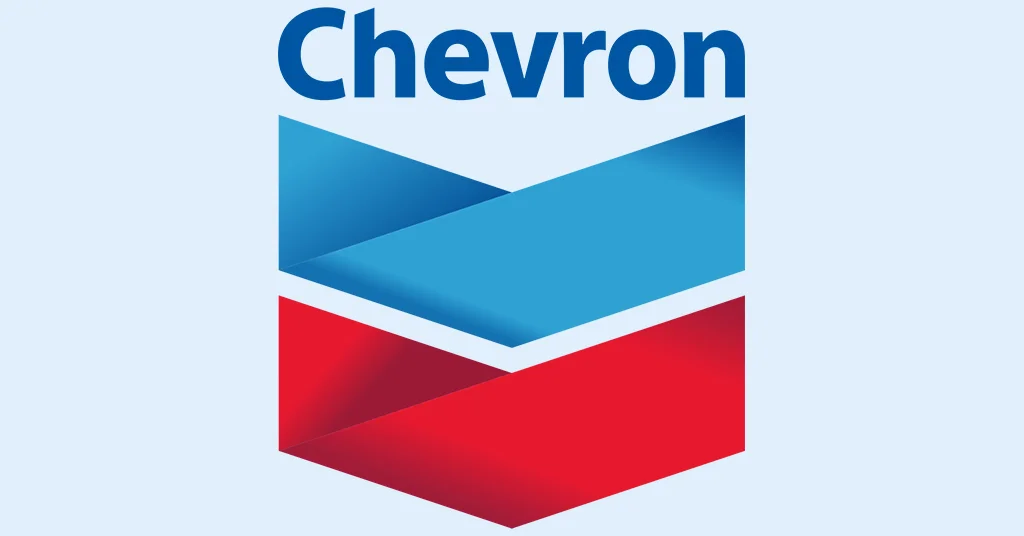Welcome To ChemAnalyst

Chevron Corporation, a prominent U.S. oil major, has made a significant announcement regarding its latest venture in the realm of renewable energy. The company disclosed its acquisition of a majority stake in what is poised to become the world's largest hydrogen storage facility fueled by renewable energy sources.
This strategic move by Chevron is part of a broader effort by major U.S. oil companies, including Exxon Mobil, to optimize production processes, reduce costs, and scale up technologies as they pivot towards lower-carbon fuel strategies.
The acquisition involves Chevron purchasing a significant stake in ACES Delta from Haddington Ventures, a private equity firm. The ACES Delta project, located in Delta, Utah, received a significant boost in the form of a $504 million loan from the U.S. Department of Energy for clean energy purposes, marking a notable milestone as the first such loan granted in nearly a decade.
ACES Delta is a joint venture established between Mitsubishi Power Americas and Magnum Development. The financial details of this transaction have not been disclosed publicly.
Chevron's vision for this endeavor is to establish a substantial hydrogen platform that offers affordable, dependable, and increasingly eco-friendly energy solutions. As Austin Knight, the Vice President of Hydrogen at Chevron New Energies, stated, "Our goal is to develop a large-scale, hydrogen platform that provides affordable, reliable, ever-cleaner energy."
Hydrogen is regarded as a pivotal technology in the global quest to achieve net-zero emissions by 2050. Unlike fossil fuels, when hydrogen is burned as a fuel, it generates water vapor instead of greenhouse gas emissions, aligning it with sustainability and decarbonization objectives. However, the widespread adoption of hydrogen faces challenges, including high production costs, transportation complexities, and limited infrastructure.
Furthermore, hydrogen exhibits potential as an energy storage solution, capable of addressing seasonal variations in supply and demand within power grids.
The proposed storage facility will employ electrolysis powered by wind and solar energy to produce hydrogen. This hydrogen will then be stored and distributed from solution-mined salt caverns, a method known for its reliability and efficiency.
The initial project associated with this acquisition is in the construction phase, designed with the capacity to convert and store up to 100 metric tons of hydrogen per day. Commercial-scale operations for this project are expected to commence in mid-2025, according to Chevron.
Chevron's existing operations produce approximately 1 million tonnes of hydrogen annually through traditional means. The company has committed to substantial investments, averaging $1.25 billion per year through 2028, aimed at reducing its emissions and expanding its portfolio of lower-carbon fuels, including hydrogen.
Chevron's latest move signals a significant step towards embracing renewable energy and sustainable practices, aligning with the global energy transition towards cleaner and more environment-friendly sources of power.
We use cookies to deliver the best possible experience on our website. To learn more, visit our Privacy Policy. By continuing to use this site or by closing this box, you consent to our use of cookies. More info.
